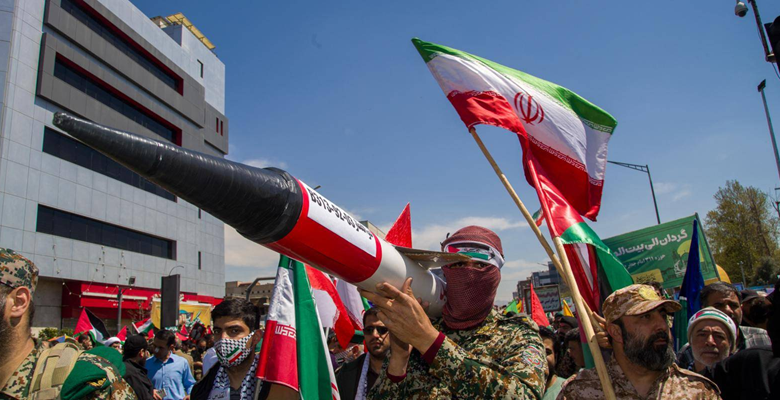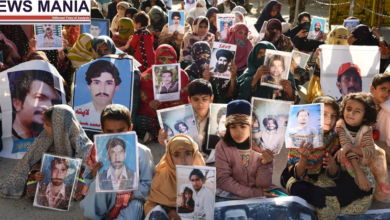Iran Promises Severe Retaliation Against Israel as Middle East Tensions Escalate

News Mania Desk/Agnibeena Ghosh/4th August 2024
In the wake of escalating violence between Israel and Iran, fears of a broader conflict are intensifying. The tensions have surged following the recent killing of Hamas Political Bureau Chief Ismail Haniyeh in an Israeli strike, prompting Iran and its allied groups to vow severe retaliation. The Iranian Revolutionary Guards have explicitly declared their intent to exact revenge on what they term the “terrorist Zionist regime” of Israel.
The situation has further deteriorated with the recent killing of Hezbollah military commander Fuad Shukr by Israeli forces. This event, combined with the tragic deaths of twelve children and teenagers in a Hezbollah rocket attack on a football field in the Israeli-occupied Golan Heights, has exacerbated the already volatile conditions in the region.
As violence continues, several countries, including India, the US, the UK, and France, have issued warnings to their citizens in Israel and the broader Middle East. In response, Israel and its allies are reportedly bolstering their military presence in the region. The Pentagon has announced the deployment of additional warships and fighter jets to the Middle East and is maintaining an aircraft carrier in the region to protect Israel and US troops from potential attacks by Iran and its proxies.
The Revolutionary Guards have revealed more details about Haniyeh’s killing, stating that it was carried out by a “short-range projectile” fired from outside his accommodation. They accuse the “Zionist regime” and its US allies of orchestrating the attack. Iran’s Revolutionary Guards have pledged that their retaliation will be “severe and at an appropriate time, place, and manner.”
Tehran anticipates that Hezbollah will respond more aggressively, targeting beyond just military installations. Iran’s mission to the United Nations has indicated that the killing of Hezbollah’s Shukr has shifted the dynamic, expecting Hezbollah to strike deeper into Israel and not restrict its retaliation to military targets alone.
In response to the mounting crisis, US President Joe Biden has urged Israeli Prime Minister Benjamin Netanyahu to pursue a ceasefire with Hamas. Biden remarked that Haniyeh’s killing has complicated efforts to negotiate an end to the ongoing conflict. Despite these calls for de-escalation, Netanyahu remains focused on the objective of eliminating Hamas, leading to continued Israeli military operations in Gaza and the West Bank.
Recent Israeli airstrikes have intensified, with an attack on a school sheltering displaced persons in Gaza City resulting in at least 15 Palestinian deaths. Additionally, strikes in the West Bank have claimed nine lives, including a local Hamas commander.
Efforts towards a ceasefire are ongoing in Egypt, with an Israeli delegation led by Mossad chief David Barnea engaging in talks in Cairo. These negotiations are expected to address humanitarian concerns, including the establishment of a corridor along the border with Egypt and the Rafah crossing point.
As the conflict rages on, the international community is advising caution. The United States and the United Kingdom have urged their citizens to leave Lebanon immediately, and Sweden has closed its embassy in Beirut, advising nationals to exit while possible.
The humanitarian toll continues to rise, with the death count in Gaza nearing 40,000 since the outbreak of the latest conflict following Hamas’ October 7 attack on Israel. The mounting casualties underscore the urgent need for diplomatic solutions as the Middle East teeters on the brink of a larger-scale war.






